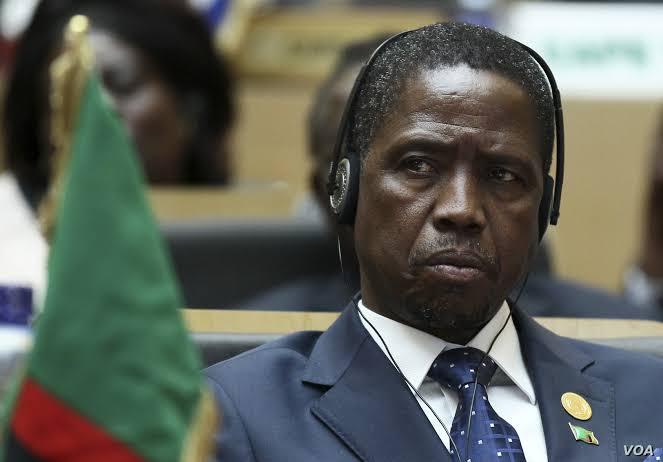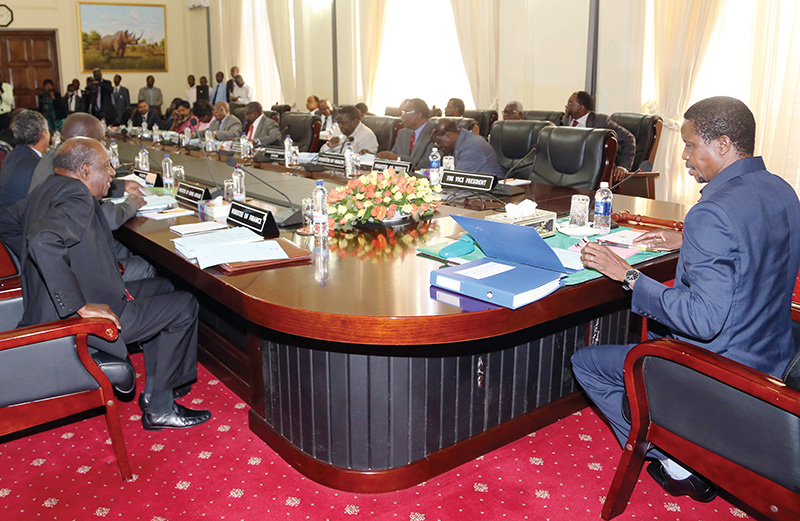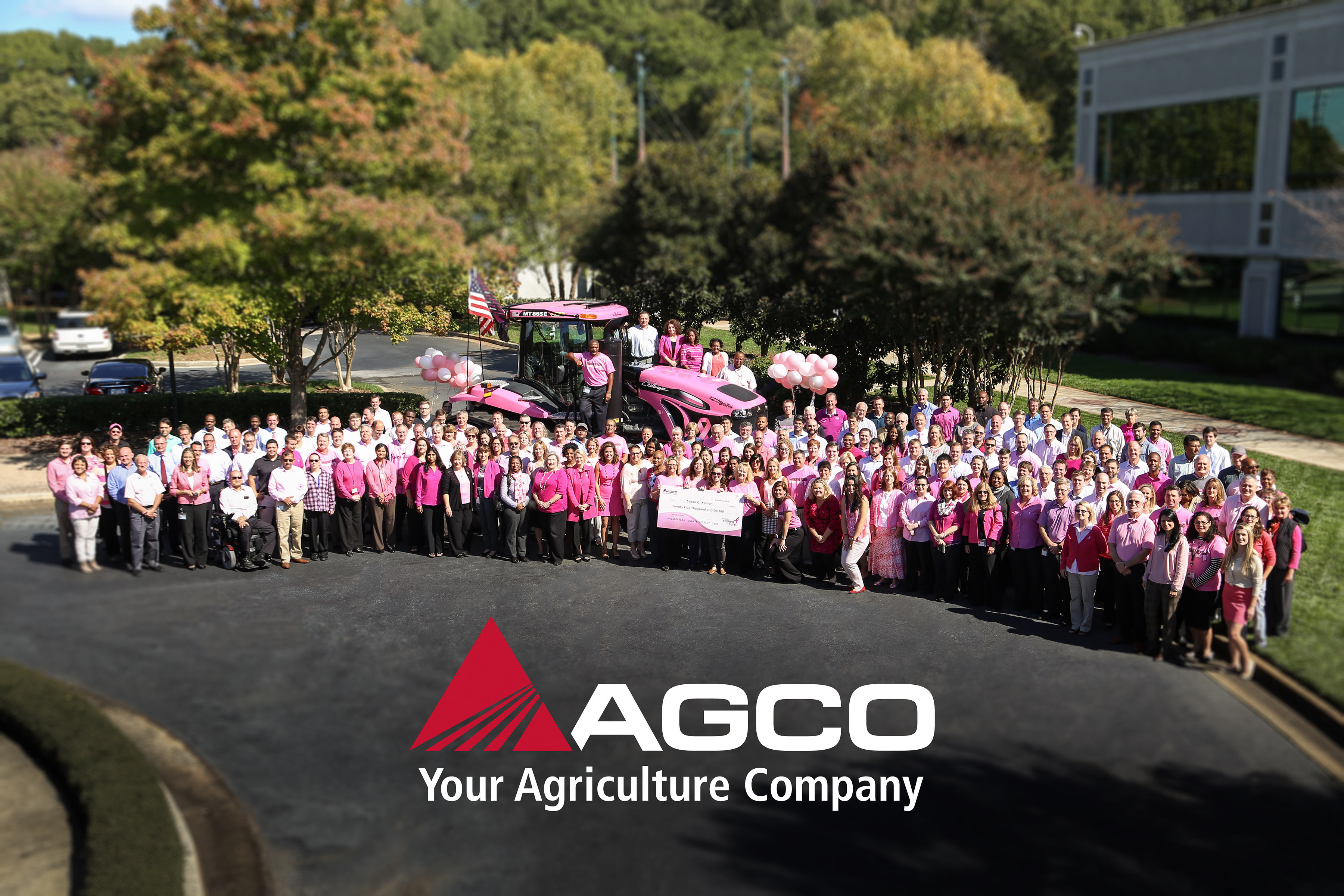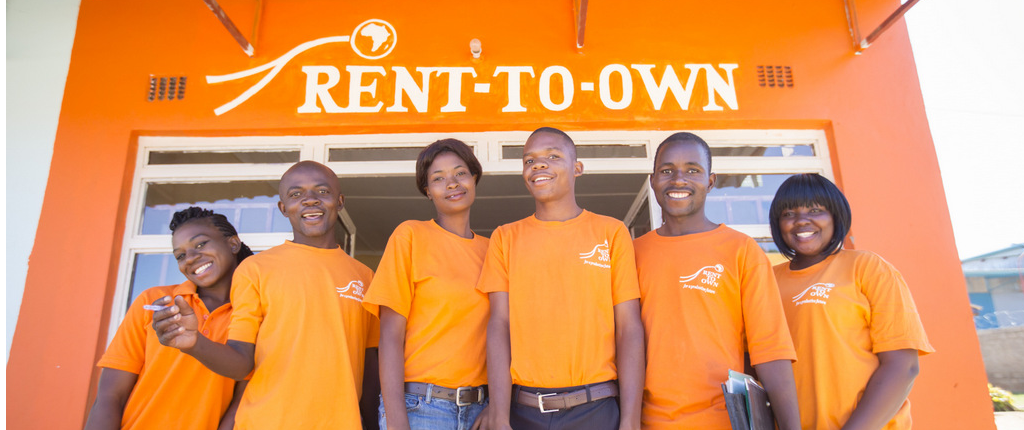Zambia Takes on $1.5 billion Debt to Buy Glencore Copper Mine
Cash strapped Zambia through the country’s mining investment arm ZCCM-IH has agreed to buy Glencore’s majority stake in Mopani Copper Mines in a $1.5 billion deal funded by debt and will seek a new investor. The sale follows Glencore’s attempt to suspend operations at Mopani last year because of low copper prices and COVID-19 disruptions, prompting a government threat to revoke the company’s mining licences. It could be remembered that Zambia defaulted on a debt payment in November, becoming Africa’s first pandemic-era sovereign default, but will take on more debt to finance the Mopani deal. The takeover coincides with Zambia’s preparations for elections in August, with courting voters in the copper belt. More than 15,000 workers would have lost their jobs if the mine was closed, Mines Minister Richard Musukwa said.

Glencore said that ZCCM-IH will borrow the $1.5 billion from Carlisa Investments Corp, a British Virgin Islands-based company through which Glencore holds its stake, and other unspecified members of the Glencore group. Under the deal, ZCCM-IH will acquire the remaining 90% of Mopani from Carlisa, giving it full control of the company for an indicative $1.
Read also:Enygma Ventures Invests $650k In Another Zambian Lending Startup PremierCredit
Glencore will retain buying rights for Mopani’s copper output until the transaction debt has been repaid. ZCCM-IH will repay the loan principal by giving Glencore creditors 3% of Mopani’s gross revenue from 2021-2023 and 10-17.5% of Mopani’s gross revenue from then on. ZCCM-IH will also owe quarterly interest of LIBOR plus 3%.
At a ceremony in Lusaka, Musukwa said ZCCM-IH will repay the loan in 10-17 years depending on copper prices, which are currently near their highest in eight years at about $8,000 a tonne. Asked how Zambia can afford to take on more debt, a mines ministry official said: “It’s not sitting on the ministry of finance. The company is able to pay on its own.”
Musukwa said the country will try to attract a new investor in Mopani, adding that companies from Britain, Canada, China, South Africa, Turkey and Qatar have expressed interest. ZCCM-IH needs about $300 million to complete expansion projects started by Glencore, he added. “Zambia is not the easiest place to do business at the moment and that has probably stymied a lot of investor interest,” said Liberum mining analyst Ben Davis.
Read also:Zambia’s default leaves Angola as Africa’s most exposed borrower
“At these commodity prices, all assets are good assets, but it hasn’t been that great for Glencore over the past few years.”
Mopani produced 34,479 tonnes of copper last year, up 14.6% from 2019, and the expansion projects will boost output beyond 150,000 tonnes a year, Musukwa said without specifying a timeline. Glencore said it holds 73% of Mopani through an 81.2% stake in Carlisa. First Quantum Minerals, which previously held 16.9% of Mopani, did not immediately respond to a request for comment.
Kelechi Deca

Kelechi Deca has over two decades of media experience, he has traveled to over 77 countries reporting on multilateral development institutions, international business, trade, travels, culture, and diplomacy. He is also a petrol head with in-depth knowledge of automobiles and the auto industry





















